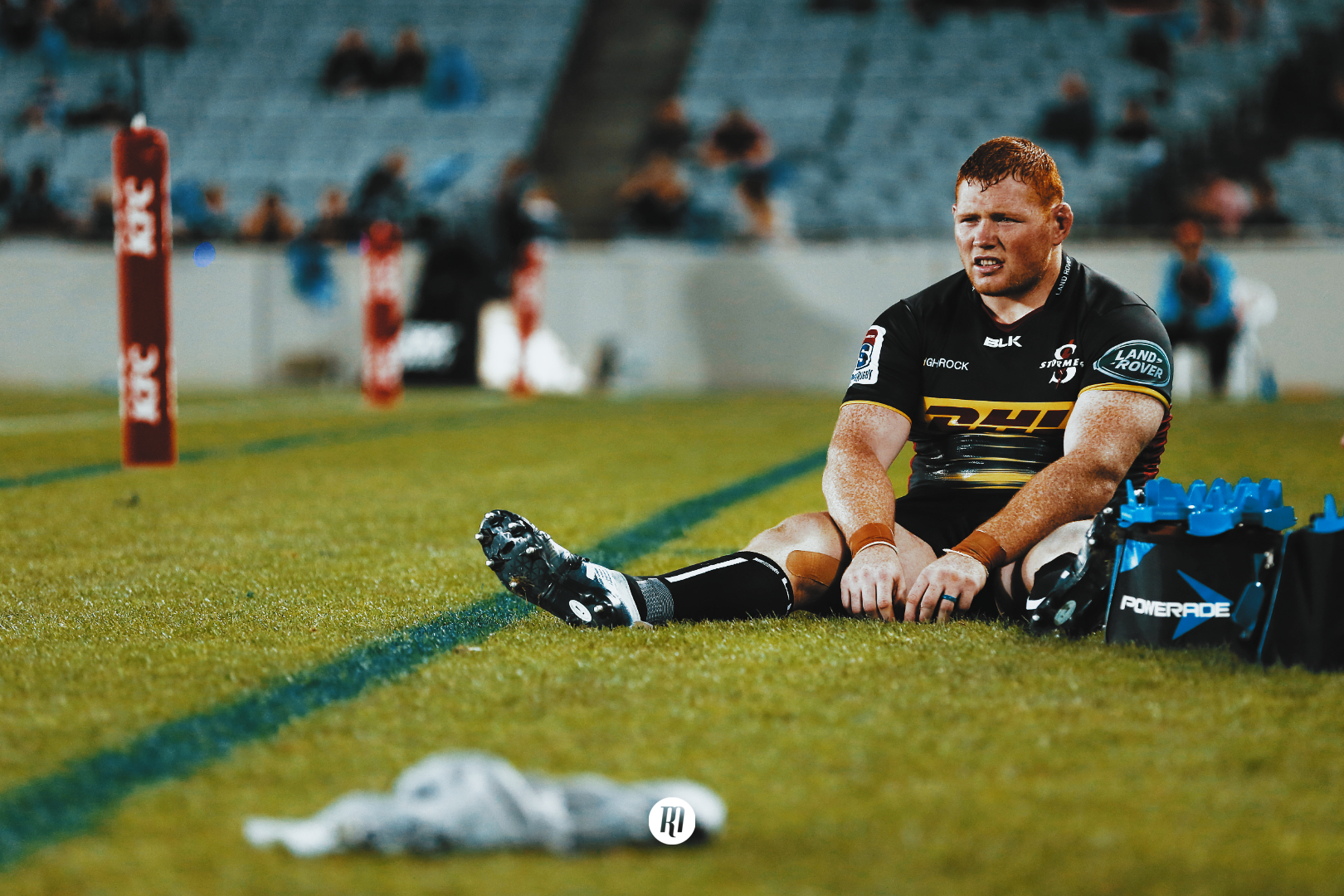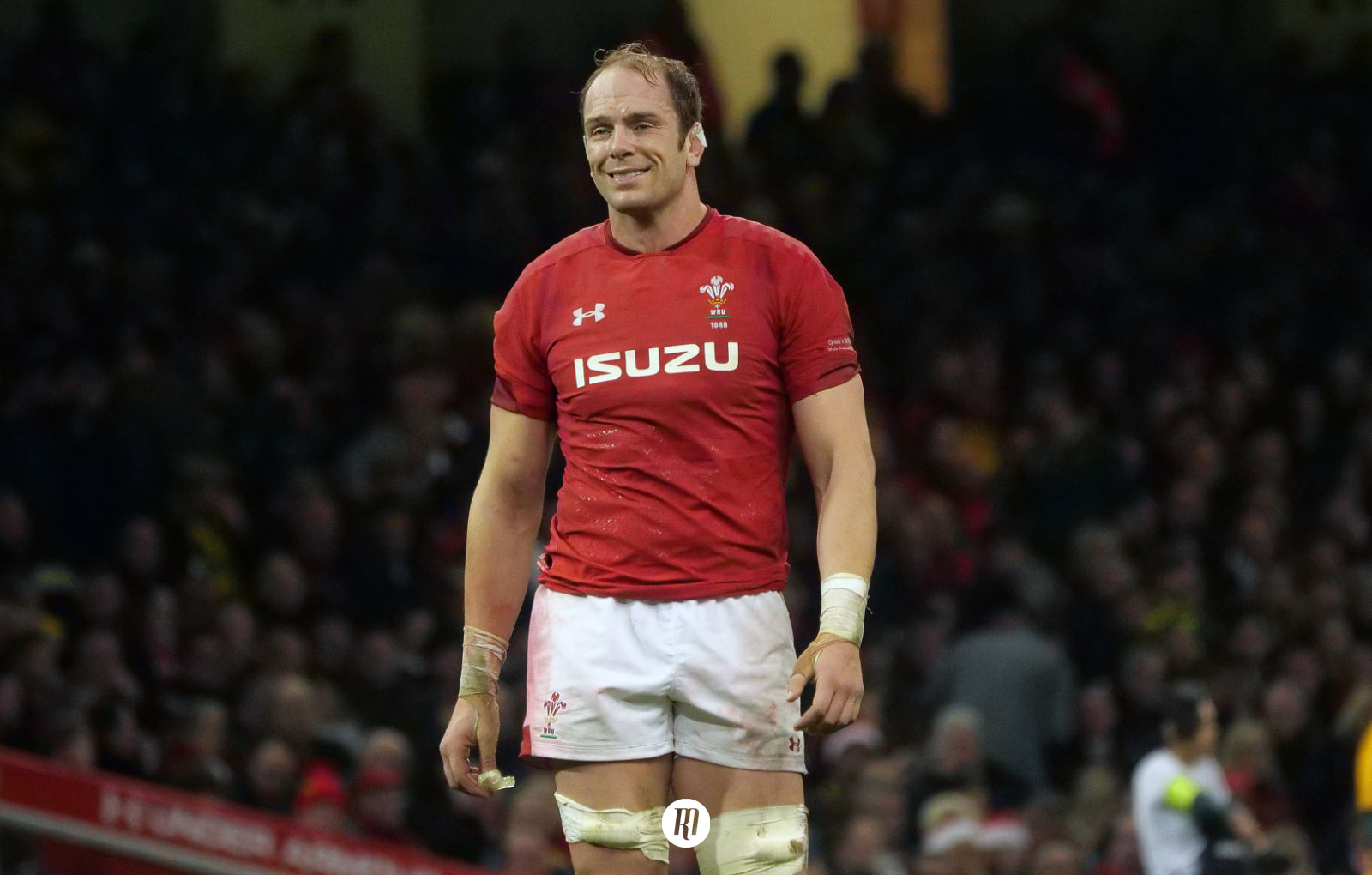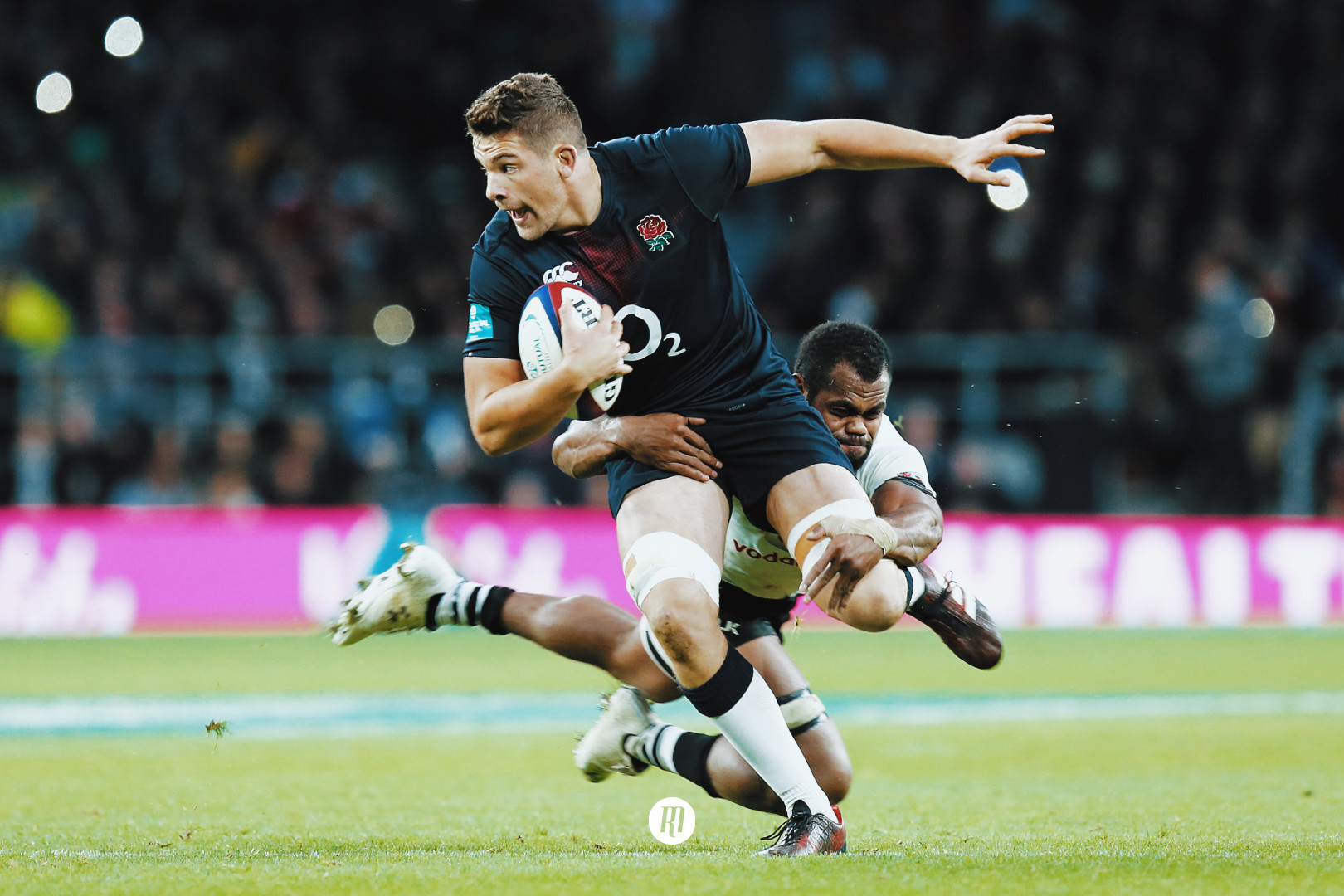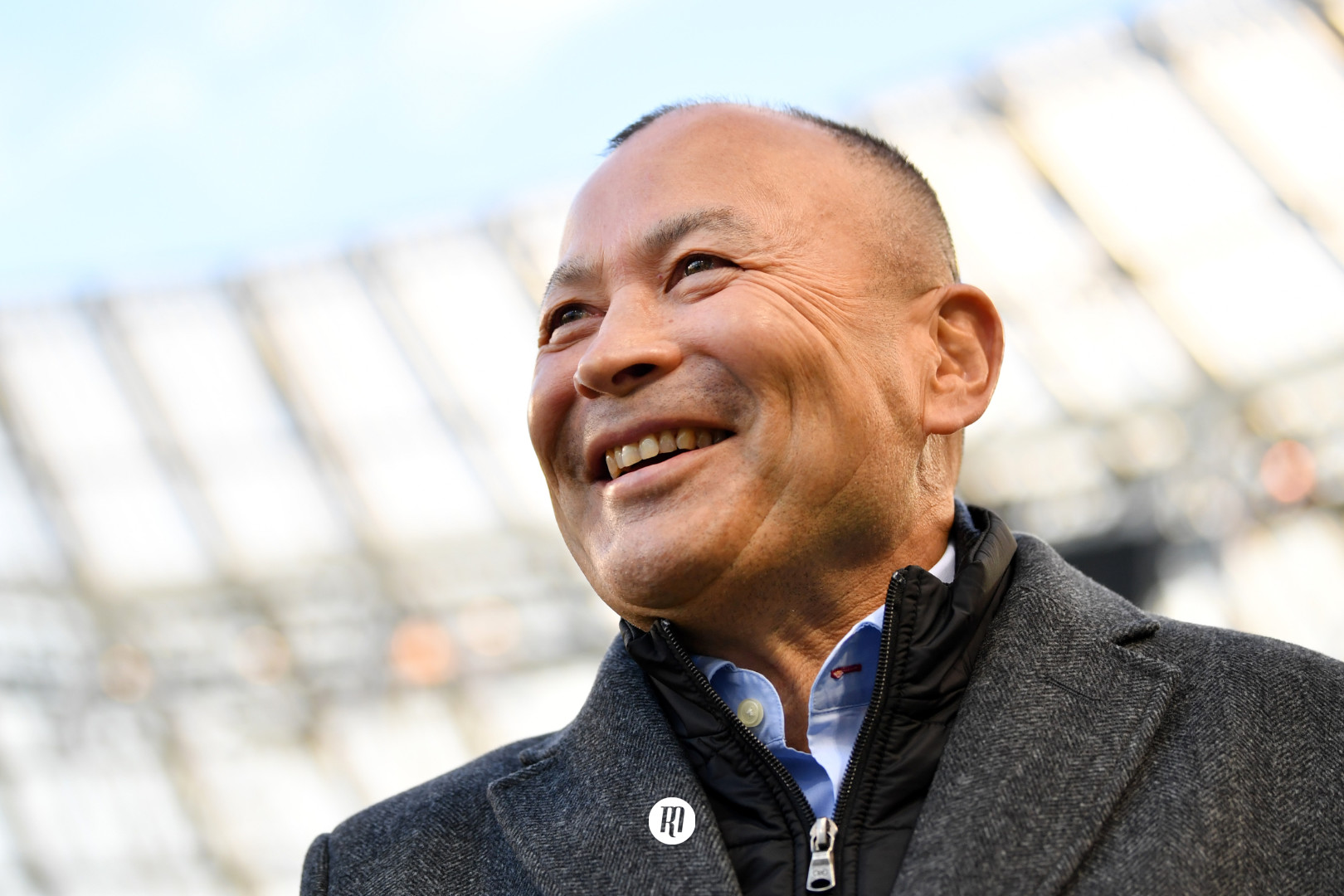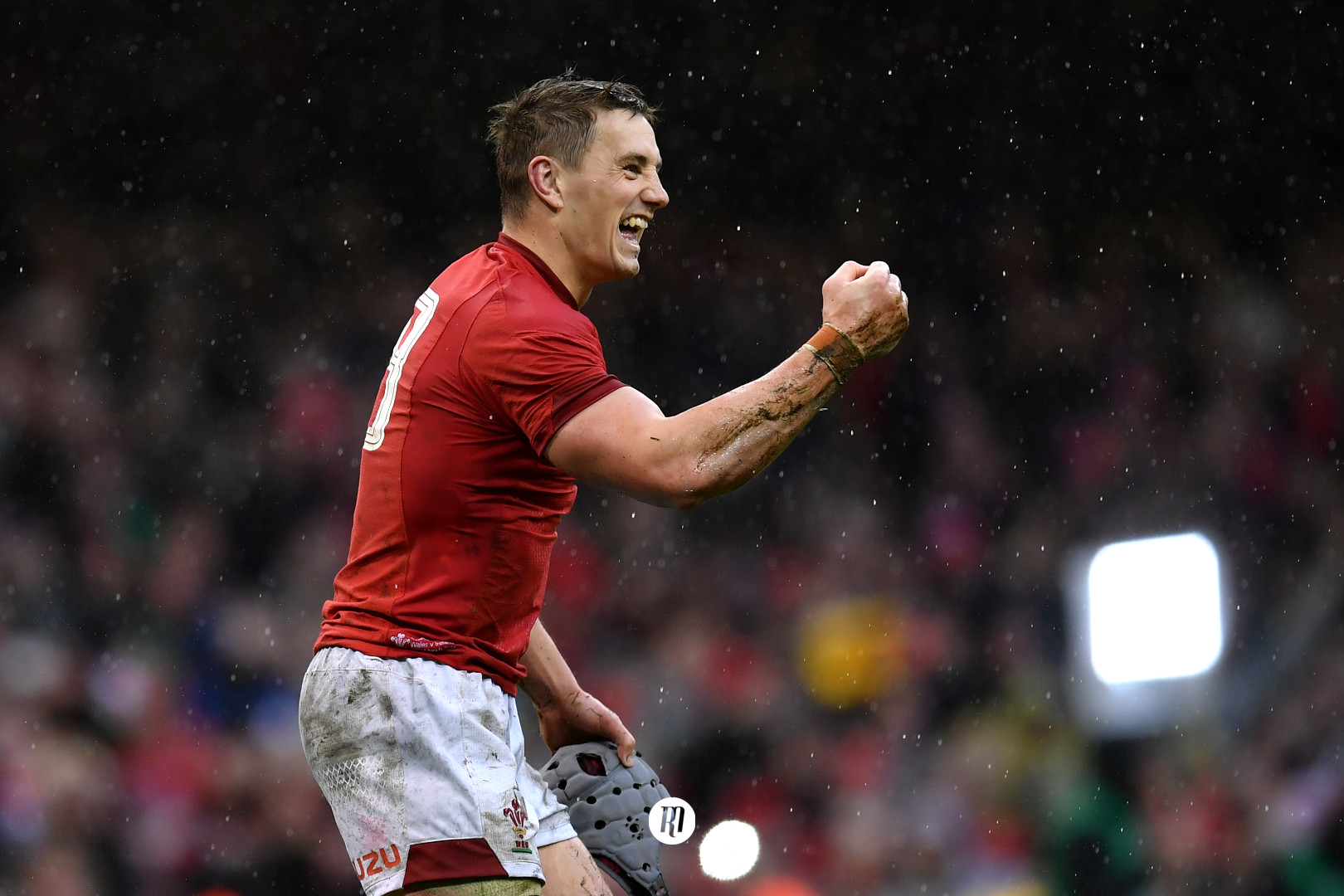South Africa: A nation built for Test rugby; why are they struggling so?
Inexorable aggression, pace to burn out wide, the innate ability to win an arm wrestle and a rugby-mad public. These four factors are the key genetic material required to nurture a dominant, World Cup-winning side in the game of rugby union. But they are also the distinctive characteristics we have come to associate with South African Rugby and the Springboks over the last 128 years. And yet, the health of rugby union in the Rainbow Nation is a long way off their 2007 World Cup-winning heights.
Whether you remember the bungalow on legs that was propping great Oz du Randt, the brutal persistence of Jean de Villiers at centre or general infamy of Bakkies Botha in the engine room, the current visage of South African rugby just does not fit the bill.
Duane Vermeulen, Eben Etzebeth and Faf de Klerk seem to be the sole standard bearers for the South Africa of old, while the two-time World Cup-winning nation’s Super Rugby sides continue to flounder in their attempts to reach the top.
The Lions, atop the Highveld of Johannesburg, were leading by example for three years, reaching the league’s final in 2016, 2017 and 2018, losing to New Zealand sides on all three occasions. But, with former Head Coach Johan Ackermann vacating the side he helped revive from the brink of death for a role with now resurgent English side Gloucester in 2017, the Lions have begun to fall behind the likes of the Hurricanes and the Crusaders. Now, it’s all they can do to stay ahead of the South African conference. Even now the three-time finalists sit behind the Blue Bulls by a point, and that’s with having played one more game; due to the bye-week system.
Even with so many raw materials at the disposal of the nation, their continued slump is showing no real sign of revolution outside of the national team. All Super Rugby sides struggle with the challenge of player poaching. The cannibalising of Southern Hemisphere squads by their rich northern cousins is almost ritual at this stage, with the likes of the Wasps, Toulons, Toyota Verblitz and Saracens of the modern world throwing wheelbarrows of cash at the biggest Springbok stars. To compound this issue, we then have the lesser teams in the Premiership, Pro14, Top14 and even ProD2 scouring the African nation for cost-effective backups.
With the strength of the rand unable to compete with the pound, the euro and the yen as far as nailing down top stars and regular 80-minute men to new contracts is concerned, their masses of playing numbers - the most registered players in the world with 405,438 declared by World Rugby in 2016 - and passion for the game are somewhat nullified.
However, even with this player drain across the equator, South Africa should be in possession of ample resources to compete to a greater degree. One reason suggested by those in the know over by the Atlantic Sea is a dearth of quality coaches plying their trade at Super Rugby level.
Johan van Graan (Munster), Johan Ackermann (Gloucester), Rory Duncan and Alan Solomons (Worcester Warriors) and many more of South Africa’s top coaching pedigree have travelled further afield, vacating their native sporting scene; for a time at least. The hunt for a fresh start, the exposure to new cultures and ways of playing rugby, the desire for silverware and, of course, cold hard cash. The reasons for these top coaches to play their trade overseas are bountiful, while the current lure of South African rugby can only be described as minimal in contrast. Even New Zealand are struggling to keep hold of their talent behind the clipboards, with the strength of the All Blacks brand and the strongest natural standard of rugby in the world retaining just enough coaching talent to avoid any such issues South African rugby is currently enduring.
So, with top-level coaches and players alike lured abroad and the nation unable to make the most of the raw materials at their disposal, how can South African rugby turn the tide?
You may recognise the name Greys College and Paul Roos Gymnasium for their history of producing Springboks, with 94 South African internationals coming from these two educational institutions alone. Some sources believe the current quality of coaches at the South African school level is an underutilised source of high-quality coaches and must be further explored in the wake of big names overseas.
However, tapping into this resource also proves a substantial task. Reportedly, even these school coaches have the capacity to earn more than their Super Rugby counterparts, making it harder and harder to make the most of amateur game’s coaching talent pool.
In his column for All Out Rugby, former Springbok coach Jake White described the schoolboy and university system as the solution to returning South African rugby to its former heady heights. “The winning recipe is on display every Monday night in the Varsity Cup.” White wrote. “It’s [the solution] staring us in the face.”
White is far from alone in his belief and the empty stadiums for Super Rugby games are a stark contrast to the bouncing atmosphere of the Varsity Cup the former Montpellier boss describes.
Outside of the price of biltong skyrocketing to the value of gold, there will be no major cash injection to bring back both players and coaches alike. South Africa’s best option seems to be going back to their roots and persuading some of their top coaching talent to take to the professional game; without stripping the education system bare of their ability to nurture talent completely. Additionally, any potential cash flow from World Rugby’s Nations Championship or further twists and turns in the currently tumultuous professional game would be a welcome boost, opening up the possibility of bringing home a select few players and coaches.
Rugby is cyclical and the fortunes of the national team are sure to wax a wain under Erasmus, which may well boost the club game given enough success, but one of the most storied rugby sides in history cannot return to the top of the game without tapping into and building healthier, smoother connections between Super Rugby and the school and university system.

Filed under:
Super Rugby, International, South Africa, Bulls, Lions, Sharks, Stormers
Written by: Alistair Stokes
Follow: @alistokesrugby · @therugbymag
